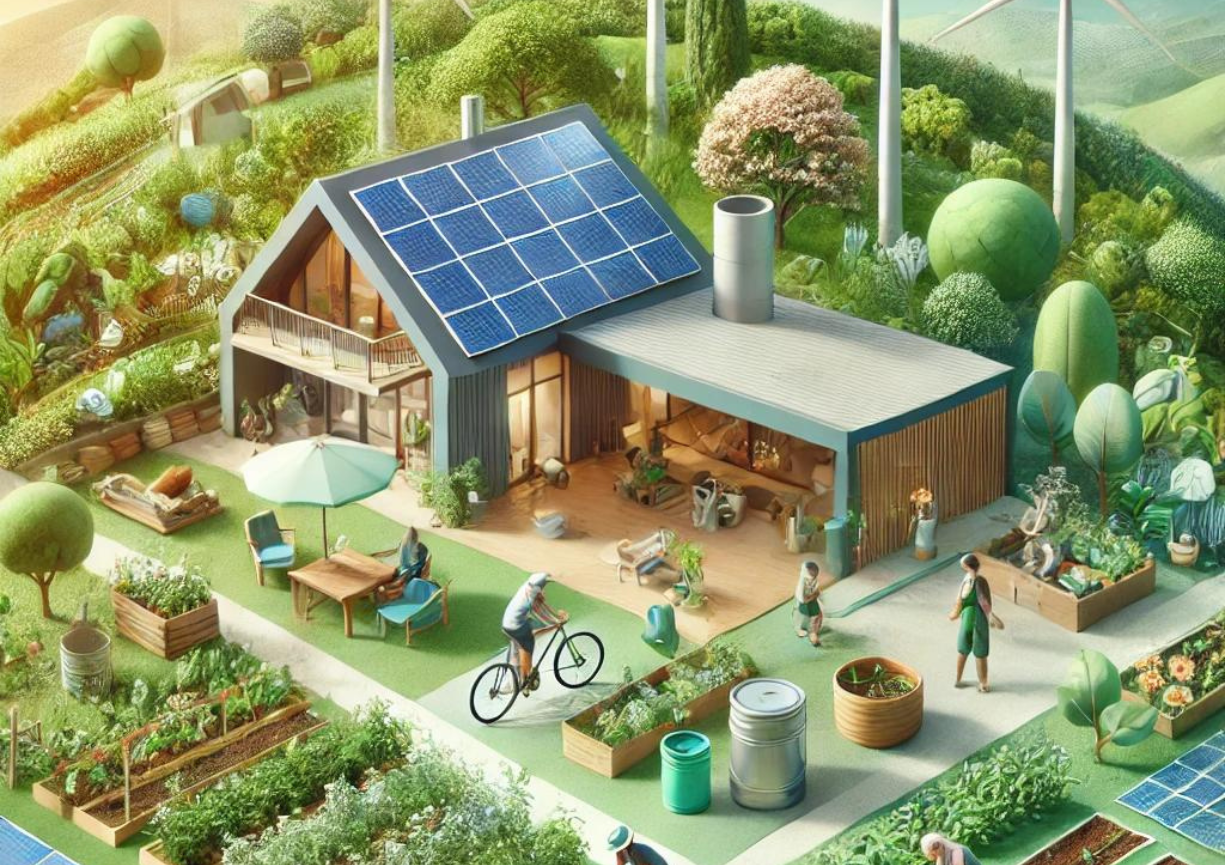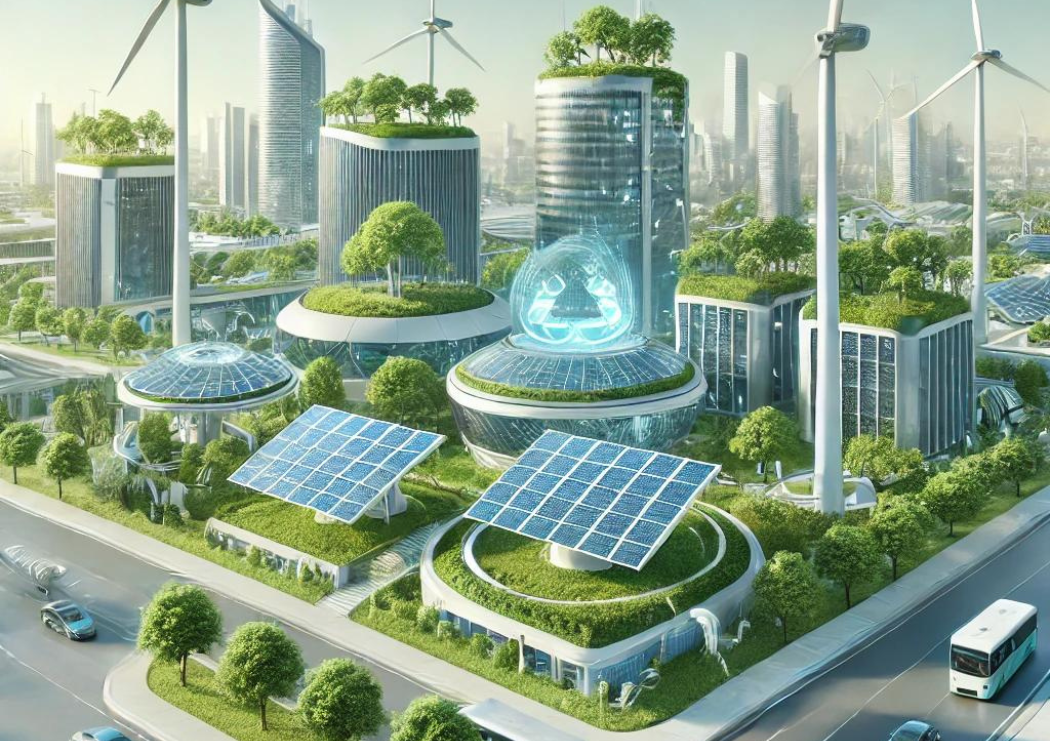A Path to a Greener Future
Pinned
Sustainable Living
In today’s world, sustainability is more than just a buzzword—it’s a necessity. As climate change accelerates and natural resources dwindle, living sustainably offers a pathway to preserving the planet for future generations. Sustainable living involves making conscious choices that minimize environmental impact and promote long-term well-being for both individuals and the planet.

What is Sustainable Living?
Sustainable living refers to adopting practices that reduce one's reliance on Earth's natural resources, lessen waste production, and lower carbon emissions. It’s about living in harmony with the environment, ensuring that future generations have access to clean air, water, and other essentials of life.
Why is Sustainable Living Important?
The environmental crisis is one of the most significant challenges humanity faces today. From global warming to ocean pollution, the effects of unsustainable practices are evident. By transitioning to a sustainable lifestyle, individuals and communities can reduce their carbon footprint, conserve resources, and mitigate damage to ecosystems.
Key Principles of Sustainable Living
Energy Efficiency
Reducing energy consumption through energy-efficient appliances, home insulation, and renewable energy sources (like solar or wind) can drastically cut down greenhouse gas emissions.
Waste Reduction
The zero-waste movement encourages reducing, reusing, and recycling to limit the amount of trash sent to landfills. Composting organic waste and avoiding single-use plastics are easy ways to adopt this principle.
Sustainable Transportation
Choosing eco-friendly transportation options like biking, walking, carpooling, or using electric vehicles contributes to lowering air pollution and reducing fuel consumption.
Eco-Friendly Consumption
Supporting local, sustainable products reduces the carbon footprint associated with transportation and encourages ethical labor practices. Additionally, adopting a plant-based or low-meat diet can reduce the environmental impact of food production.
Water Conservation
Simple steps like fixing leaks, using low-flow fixtures, and collecting rainwater help conserve this precious resource, especially in regions facing water scarcity.
Practical Steps to Live Sustainably
Reduce Energy Usage
Unplug electronics when not in use, switch to LED lighting, and install a smart thermostat to regulate home temperature efficiently.
Adopt Minimalism
Buy less and focus on quality over quantity. This reduces waste and fosters a clutter-free, simpler lifestyle.
Grow Your Own Food
Home gardening reduces the need for commercial agriculture, cuts down on packaging waste, and ensures access to organic, pesticide-free produce.
Use Renewable Energy
If possible, switch to renewable energy sources such as solar panels or wind energy to power your home.
Support Sustainable Brands
Choose companies that prioritize sustainability in their manufacturing processes, from materials sourcing to labor practices.
Challenges of Sustainable Living
While the benefits of sustainable living are significant, there are challenges. The upfront costs of solar panels or energy-efficient appliances can be prohibitive for some, and societal norms can make it difficult to adopt a minimalist lifestyle. However, making small changes gradually can lead to larger, more impactful shifts over time.
Conclusion
Sustainable living isn’t about achieving perfection; it’s about making conscious, everyday choices that lead to a healthier planet. By adopting eco-friendly habits, individuals can contribute to the fight against climate change, conserve valuable resources, and create a more sustainable world for future generations.
Comments
Great blog! I really enjoyed reading through your posts. It's clear you've put a lot of effort into providing valuable insights. Keep up the awesome work!
If you're interested, you might also want to check out damnepic.top for some cool resources and tools for focus and productivity. Keep inspiring us with your great content!








Leave a comment